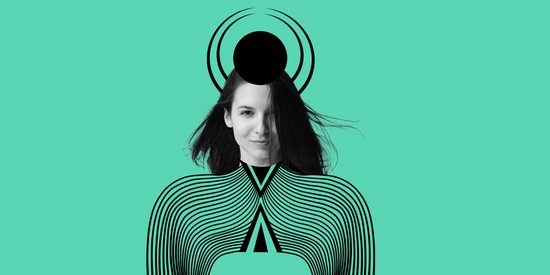A small suggestion before reading this article: make yourself comfortable, and maybe even put a little music, to bring you back positive energies.
The culture of positive psychology
Positive psychology was developed in the 1980s under the leadership of Martin Seligman.
It is defined as “the scientific study of the conditions and processes that contribute to the flourishing or optimal functioning of individuals, groups and organizations”. This is not to be confused with the method of autosuggestion and autohypnosis known as the Coué method, which can be integrated into it as a tool, and which comes from the French psychologist and pharmacist Emil Coué.
This official branch of psychology is interested in optimizing the concept of happiness. An improvement in happiness that, simply by using small actions, can lead to big transformations.
Positive psychology is a way of life
Positive psychology concerns all the aspects of our personal, professional, relationship, education and parenting lives….
We can therefore visualize it as a subject of learning, just like we do in school:
"Knowledge is acquired through experience, everything else is just information."
Albert Einstein
A trip to the center of happiness?
Happiness: “the experience of joy, contentment or well-being, combined with the feeling that our life is useful, meaningful and worth living”. This is the definition according to Sonja Lyubormirsky, professor of American psychology, who has devoted most of her career to the study of happiness.
Summary of her studies
Happy people are more creative, more productive, earn better, are better leaders and better negotiators. They are more likely to marry and have stronger marriages, are more generous and have more friends. They have a better resistance to stress and trauma with a more efficient immune system and have a higher life expectancy of 5 to 7 years on average!!
Well frankly, we are convinced that it would be a shame to deprive ourselves of this science!
How to react on your degree of happiness?
Studies show that in reality, our situation has a small impact on our level of happiness.
50% of our happiness is linked to our genes (our initial equity, in a way, which we cannot change)
10% of our happiness is linked to our living conditions (status, money, environment, state of health, etc.)
40% of our happiness is linked to our behaviour (i.e. the activities we carry out every day) and our way of perceiving things. And it is therefore on this 40%, that each individual can choose to act and optimize their level of happiness.
Pessimists will think it's a shame to only be able to act on 40% of our level of happiness! But we think this is great news for the optimists that we are, because by adopting the right attitudes and the right actions associated with them, we can change the course of our lives! So, let's not look at the problem as being half our glass empty!
Time, "energy and motivation: "a journey of a thousand places always begins with a first step.
You don’t feel like you can do it alone? Personal development coaching can be a good springboard for action, so why not try a creative coach? Have confidence and have fun, the goal is simply to be happier.








